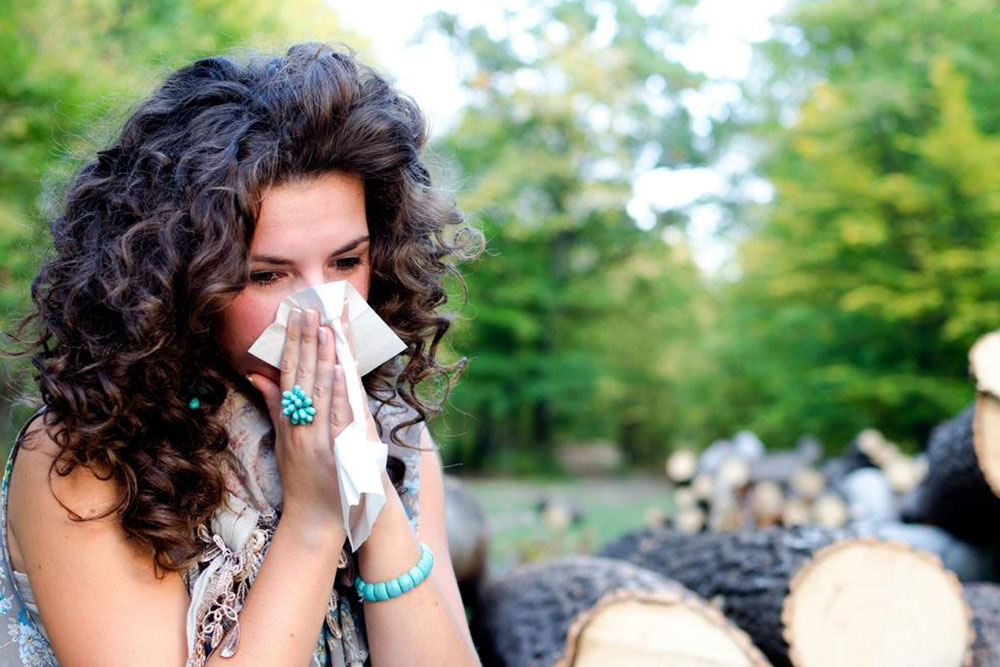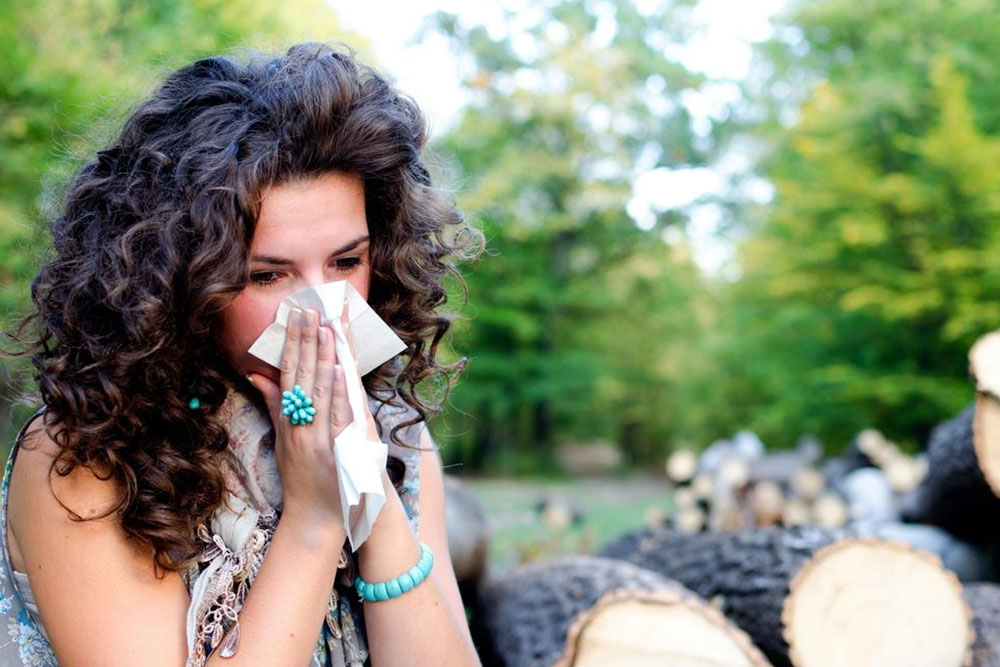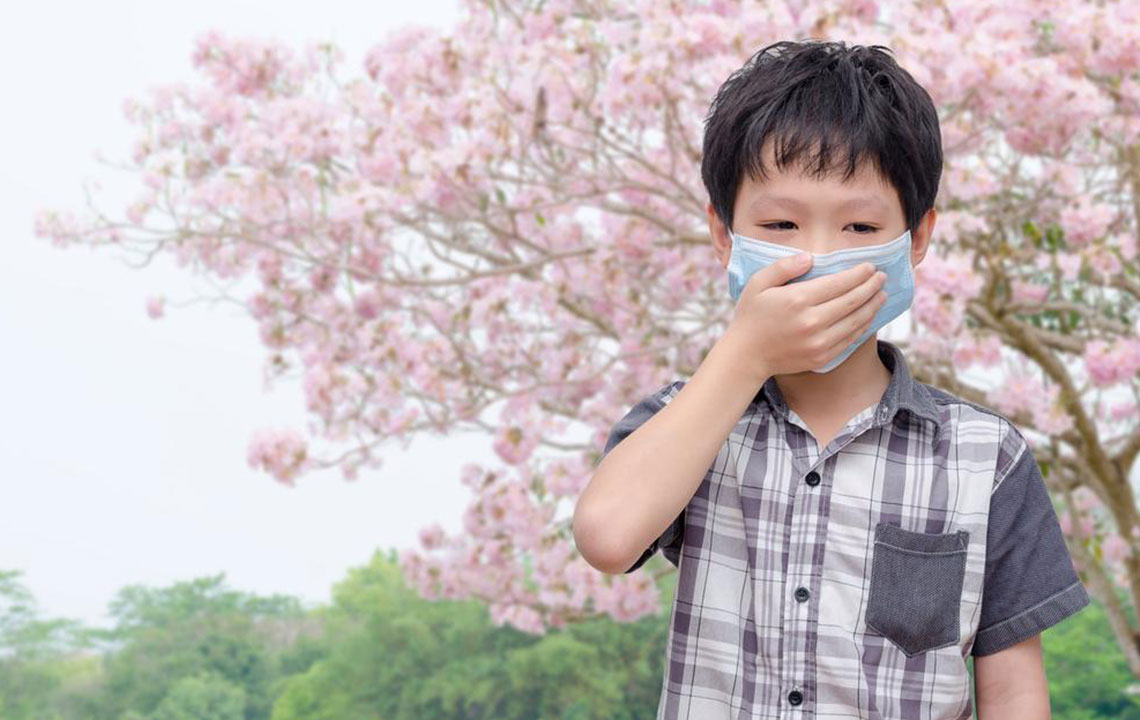Top Tips for Managing Seasonal Fall Allergies Effectively
Learn effective methods to manage fall allergies, including environmental adjustments, cleaning habits, and medication strategies. Recognize common symptoms like sneezing, itchy eyes, and congestion, and adopt tips such as using dehumidifiers, monitoring pollen levels, and maintaining clean indoor spaces. These practical steps help reduce allergens and improve comfort throughout the season, ensuring a healthier autumn for allergy sufferers.

Top Tips for Managing Seasonal Fall Allergies Effectively
As leaves fall and temperatures drop, many individuals face increased allergy symptoms. Recognizing these signs and adopting practical strategies can help reduce discomfort. Here’s a guide to understanding fall allergy symptoms and effective measures to keep your household comfortable during this season.
Identifying Common Fall Allergy Signs
More than 30 million Americans suffer from seasonal allergies in autumn. Hay fever is common, mainly triggered by ragweed, with over 17 species involved in allergic reactions.
Typical allergy symptoms include:
Sneezing
Runny or congested nose
Itchy or watery eyes
Asthma episodes
Feeling tired
Blocked sinuses
Coughing
Effective Strategies to Alleviate Fall Allergies
Utilize a dehumidifier— Lowering indoor humidity helps prevent mold and dust mites from thriving, thus reducing allergy triggers.
Keep your space tidy— Shower and change clothes after outdoor activities to wash away pollen. Remove shoes and wipe down surfaces to prevent allergens from entering the home.
Check pollen levels— Inside during peak pollen times. Limit outdoor exertion until levels decrease.
Handle laundry carefully— Avoid drying clothes outside where pollen settles. Use a dryer or wash clothes immediately after outdoor exposure.
Over-the-counter relief— Use antihistamines proactively, choosing non-drowsy options for all-day relief during allergy season.
Replace HVAC filters regularly— Install hypoallergenic filters to trap airborne allergens like pollen and mold spores.
Run air conditioning at night— Keep pollen out of bedrooms with HEPA-filtered AC to improve air quality while sleeping.
Pet management— Limit pets' access to bedrooms during allergy seasons, as they can carry pollen inside.


